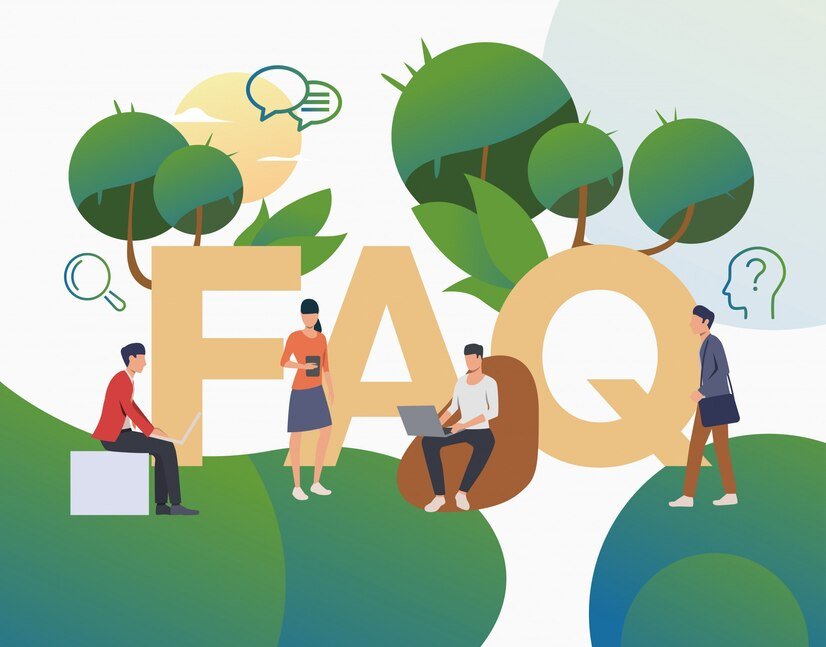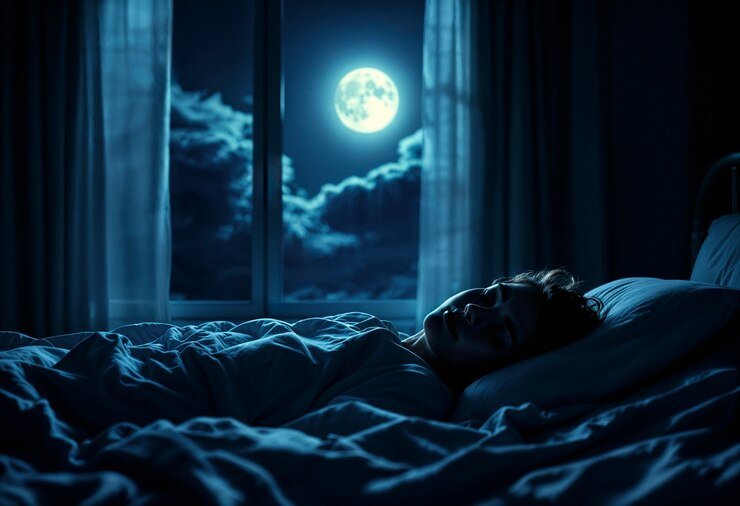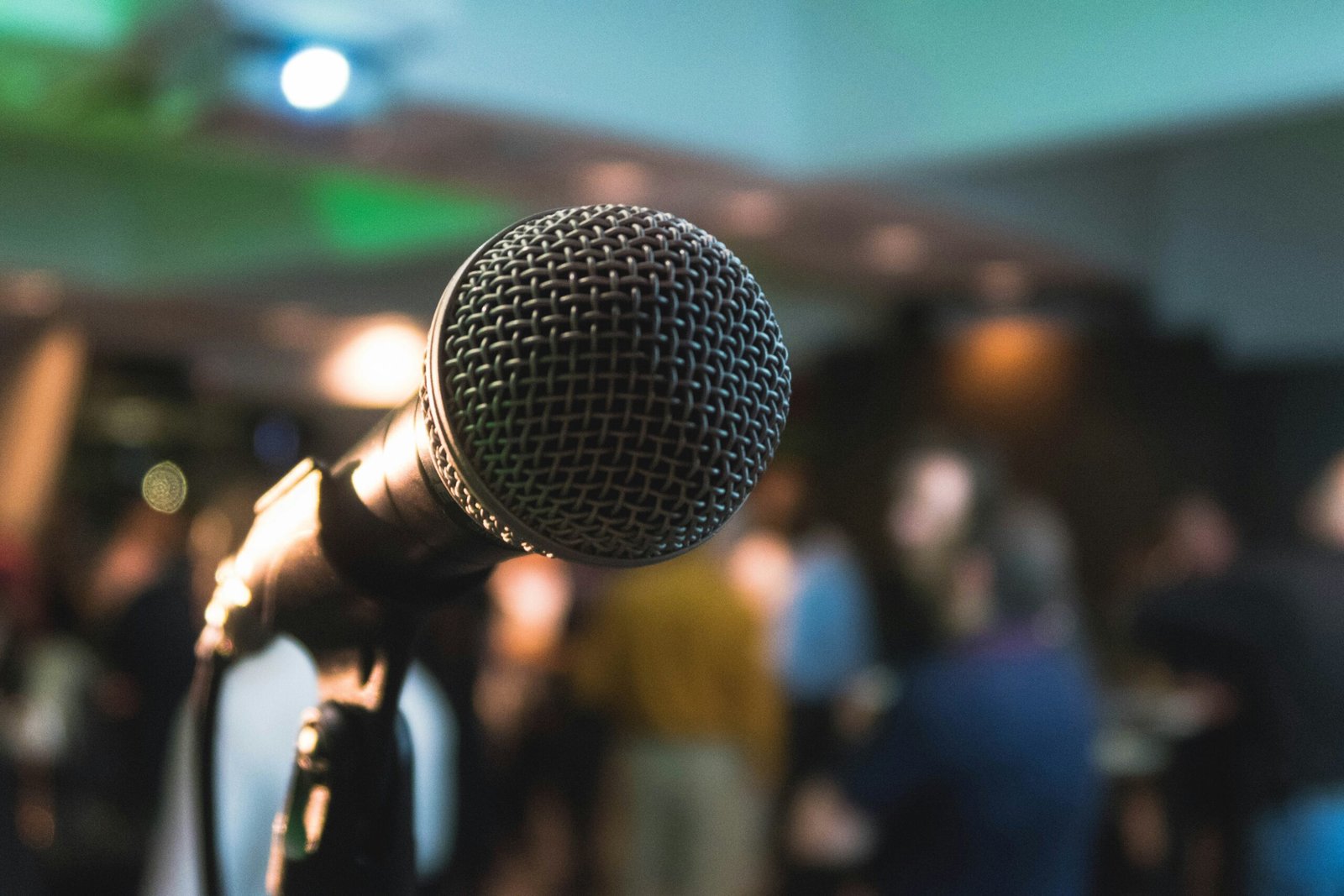Cannabinoids and Sleep Improvement: Unlocking Better Rest Naturally
Quality sleep is one of the most vital pillars of health, yet millions of people struggle with sleep-related issues such as insomnia, restless…
Table of contents
Quality sleep is one of the most vital pillars of health, yet millions of people struggle with sleep-related issues such as insomnia, restless nights, or waking up feeling unrefreshed. In recent years, natural alternatives have gained popularity, and one of the most talked-about solutions is Cannabinoids and Sleep. But how do CBD actually affect sleep? Are they safe and effective? Let’s dive into the science and potential of cannabinoids for sleep improvement.
Understanding Cannabinoids and Sleep
Cannabinoids are naturally occurring compounds found in the cannabis plant. The two most studied cannabinoids are:
- THC (Tetrahydrocannabinol) – Known for its psychoactive effects and sedative properties.
- CBD (Cannabidiol) – Non-psychoactive and recognized for promoting relaxation and reducing anxiety.
These compounds interact with the Endocannabinoid System (ECS), a complex cell-signaling system in our body that plays a role in regulating sleep, mood, appetite, and more. The connection between cannabinoids and sleep comes from how they influence ECS receptors that affect sleep cycles and circadian rhythms.
How Cannabinoids Improve Sleep
Here are the primary ways cannabinoids and sleep are connected:
1. Reducing Anxiety and Stress
CBD has been shown to lower cortisol levels and reduce anxiety, two common causes of sleeplessness. By promoting a calm state of mind, CBD may help you fall asleep more easily and sleep more soundly.
2. Enhancing Sleep Duration
THC, particularly in small doses, may help increase the total time spent asleep. It can also reduce the amount of time it takes to fall asleep (sleep latency), which is beneficial for people with insomnia.
3. Improving Sleep Quality
Studies suggest that cannabinoids can affect REM sleep cycles. THC may reduce REM sleep, which is when most dreams occur. For people with PTSD, this reduction can be beneficial in minimizing nightmares.
4. Pain Relief for Better Sleep
Chronic pain is a common cause of disrupted sleep. Cannabinoids have anti-inflammatory and analgesic properties, helping people fall and stay asleep by managing pain more effectively.
5. Restoring Natural Sleep Cycles
CBD and other cannabinoids may help regulate the circadian rhythm—your body’s natural sleep-wake cycle—especially for shift workers or people with irregular schedules.
Choosing the Right Cannabinoid for Sleep
Not all cannabinoids affect sleep the same way. Here’s a breakdown:
- CBD: Great for people with anxiety-driven insomnia or light sleep issues.
- THC: Helps with falling asleep and reducing pain, but should be used cautiously due to potential psychoactive effects.
- CBN (Cannabinol): Emerging as a powerful sleep aid, especially when combined with other cannabinoids.
It’s important to start with a low dose and monitor your response, especially if you are new to cannabinoids.
Safety and Considerations
While cannabinoids and sleep appear to go hand-in-hand for many people, here are some considerations to keep in mind:
- Consult a healthcare provider, especially if you are taking medications or have underlying health conditions.
- Long-term, heavy use of THC may interfere with REM sleep over time.
- Not all cannabis products are created equal. Choose lab-tested, high-quality CBD or THC products from reputable sources.
5 Frequently Asked Questions About Cannabinoids and Sleep

1. Can cannabinoids cure insomnia?
Cannabinoids can help manage the symptoms of insomnia, especially those caused by anxiety, pain, or stress. However, they are not considered a “cure” and should be used as part of a comprehensive sleep strategy.
2. Is CBD better than THC for sleep?
CBD is better for relaxation and anxiety, while THC is more effective for helping you fall asleep. The best choice depends on the cause of your sleep issues.
3. How long before bed should I take cannabinoids?
Most people take CBD or THC 30–60 minutes before bed. It can vary depending on the delivery method—tinctures act faster than capsules, for example.
4. Can you become dependent on cannabinoids for sleep?
CBD is non-habit forming, but long-term THC use can lead to dependency in some individuals. It’s best to use cannabinoids responsibly and consult a medical professional.
5. Are there side effects to using cannabinoids for sleep?
Side effects can include dry mouth, dizziness, or changes in appetite. THC may cause grogginess or psychoactive effects in higher doses.
Final Thoughts on Cannabinoids and Sleep
The relationship between cannabinoids and sleep is a promising area of research and application. Many people have found relief from sleepless nights through responsible cannabinoid use, particularly with CBD, THC, or emerging compounds like CBN. As always, personal experimentation, high-quality products, and guidance from a healthcare provider are key to finding what works best for your individual needs.
A good night’s rest might just be a few drops away.








I love how you dive deep into the subject—great work!